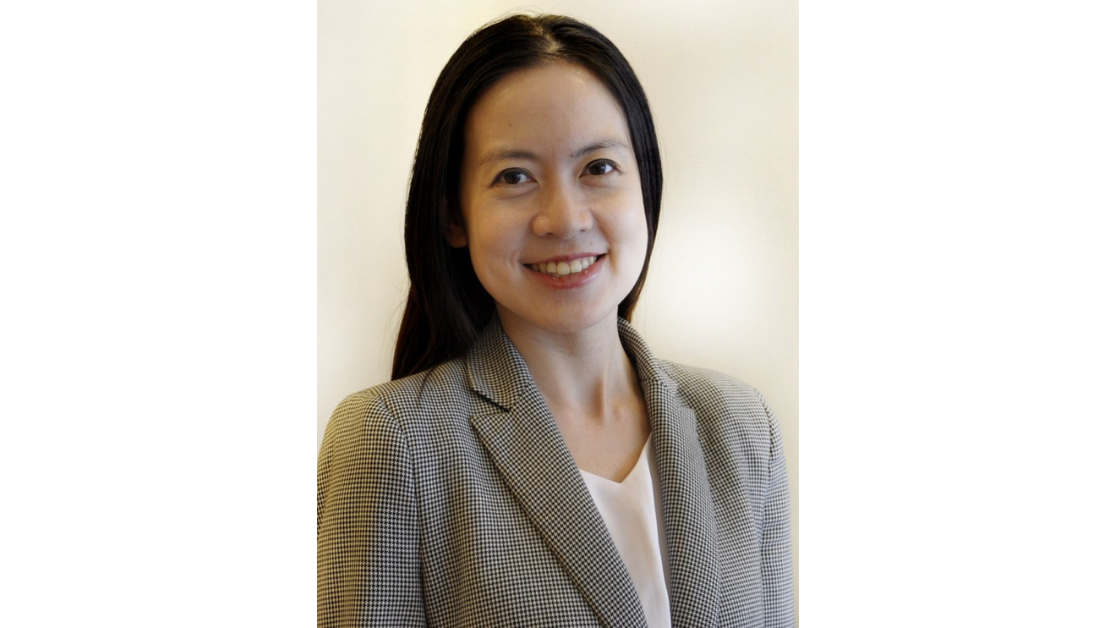
BDO Malaysia’s Pam Lee on ESG being an interesting space for businesses to look at this year
The most resilient companies are those that are able to adapt quickly in the market situation, says the BDO Malaysia sustainability lead.
Pam Lee is the Executive Director in charge of Sustainability Services at BDO in Malaysia. As a GRI (Global Reporting Initiative) Certified Sustainability Professional, she focuses on delivering ESG (Environmental, Social and Governance) and sustainability work for clients. She is also a holder of a Capital Market Services Representative’s License for Advising on Corporate Finance issued by the Securities Commission of Malaysia.
As one of the judges at the Malaysia National and International Business Awards, Pam Lee sat down with Singapore Business Review as she spoke about which sectors are thriving amidst the pandemic, ESG (Environmental, Social and Governance) being an interesting space for businesses to look at this year and how companies can improve their financial dispositions.
Can you tell us about your career experiences? What are the most important experiences in your career that have shaped you as a business advisor?
I stick to my mantra – Never stop learning. As a chartered accountant, I have built my career as an auditor initially and then as a corporate finance advisor. One of the most interesting experiences in my career was helping clients navigate the IPO process which can be quite a journey. Seeing efforts bear fruit can feel very rewarding. Just when I thought I was going to continue my career in corporate finance, I took up an opportunity to build and lead the ESG (Environmental, Social and Governance) advisory practice at BDO Malaysia. In doing so, I hope to make an impact on the environment and society by helping companies adopt ESG and playing a part in fighting climate change. The accountancy profession plays a critical role in facilitating financial and non-financial reporting for businesses to meaningfully communicate ESG metrics and implications to various stakeholders.
Given your experience working with different sectors, which sectors do you think are coping well despite the pandemic and how are they doing this?
In general, organisations that are agile and those that adopt technology in their business operations tend to survive and thrive in the pandemic. We read about success stories and opportunities in sectors such as e-commerce, fintech, tech companies that offer videoconferencing and video streaming, as well as delivery platforms, amongst others. These sectors satisfy the needs of consumers at a time when consumers prefer to have minimal physical interactions during the pandemic. But, even within these sectors, there are still winners and losers. The most resilient companies are often the ones that are able to adapt quickly in the market situation.
What recent developments have your clients been working on? Any trends that you have noticed or you would like to share with us?
The business community has recently been paying more attention to the ESG (Environmental, Social and Governance) space. Companies are trying to integrate ESG into the business operations and looking at how they can enhance their sustainability reporting based on international frameworks such as Global Reporting Initiative (GRI), Task Force for Climate-Related Financial Disclosures (TCFD), Integrated Reporting, SASB Standards etc. Business leaders are looking at how they can undertake sustainability initiatives as well as set targets and goals in ESG areas, for example, reduction in carbon emissions as well as improving health and safety, employee welfare, talent retention and development, and risk management in the supply chain.
What advice can you give to companies looking to improve their financial dispositions?
It depends on what the particular company is looking for and at what stage of the life cycle it is in. Each company is different and there is no “one size fits all” solution when it comes to improving the financial performance and financial position of the company. Questions I would ask the company are - What are your business objectives in the short term, medium-term and long term? What is the current financial standing of the company in terms of profitability, liquidity, cash flows, gearing, risks, growth and outlook etc?
As a judge in the Malaysia International and National Business Awards, what projects or innovations are you expecting to find amongst the entries?
I hope to see innovative projects or products and services that create a positive impact on the economy, environment or society.
























 Advertise
Advertise






